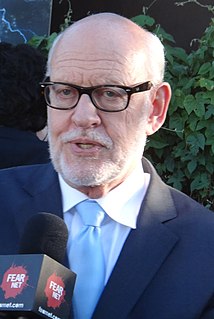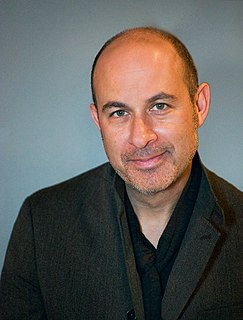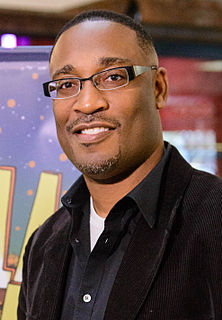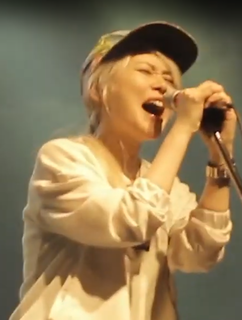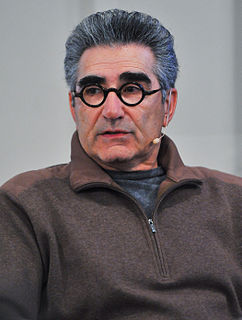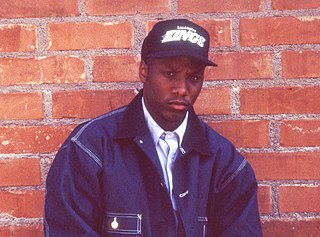A Quote by Alan Menken
A lot of what I've done has a rock edge, even going back to 'Little Shop of Horrors.'
Related Quotes
No matter what though, there's always rock & roll. There's rock 'n' roll in hip-hop, there's rock & roll in pop music, there's rock 'n' roll in soul, there's rock 'n' roll in country. When you see people dress and their style has an edge to it, that rebellious edge that bubbles up in every genre, that's rock & roll. Everybody still wants to be a rock star.
There's rock n' roll in hip-hop, there's rock n' roll in pop music, there's rock n' roll in soul, there's rock n' roll in country. When you see people dress, and their style has an edge to it, that rebellious edge that bubbles up in every genre, that's rock n' roll. Everybody still wants to be a rock star, you know?
What should our second generation have done, what should it do with the knowledge of the horrors of the extermination of the Jews? We should not believe we can comprehend the incomprehensible, we may not compare the incomparable, we may not inquire because to inquire is to make the horrors an object of discussion, even if the horrors themselves are not questioned, instead of accepting them as something in the face of which we can only fall silent in revulsion, shame and guilt. Should we only fall silent in revulsion, shame and guilt? To what purpose?
I like "Rock, Paper, Scissors Two-Thirds." You know. "Rock breaks scissors." "These scissors are bent. They're destroyed. I can't cut stuff. So I lose." "Scissors cuts paper." "These are strips. This is not even paper. It's gonna take me forever to put this back together." "Paper covers rock." "Rock is fine. No structural damage to rock. Rock can break through paper at any point. Just say the word. Paper sucks." There should be "Rock, Dynamite with a Cutable Wick, Scissors."

